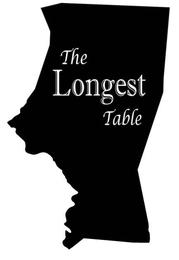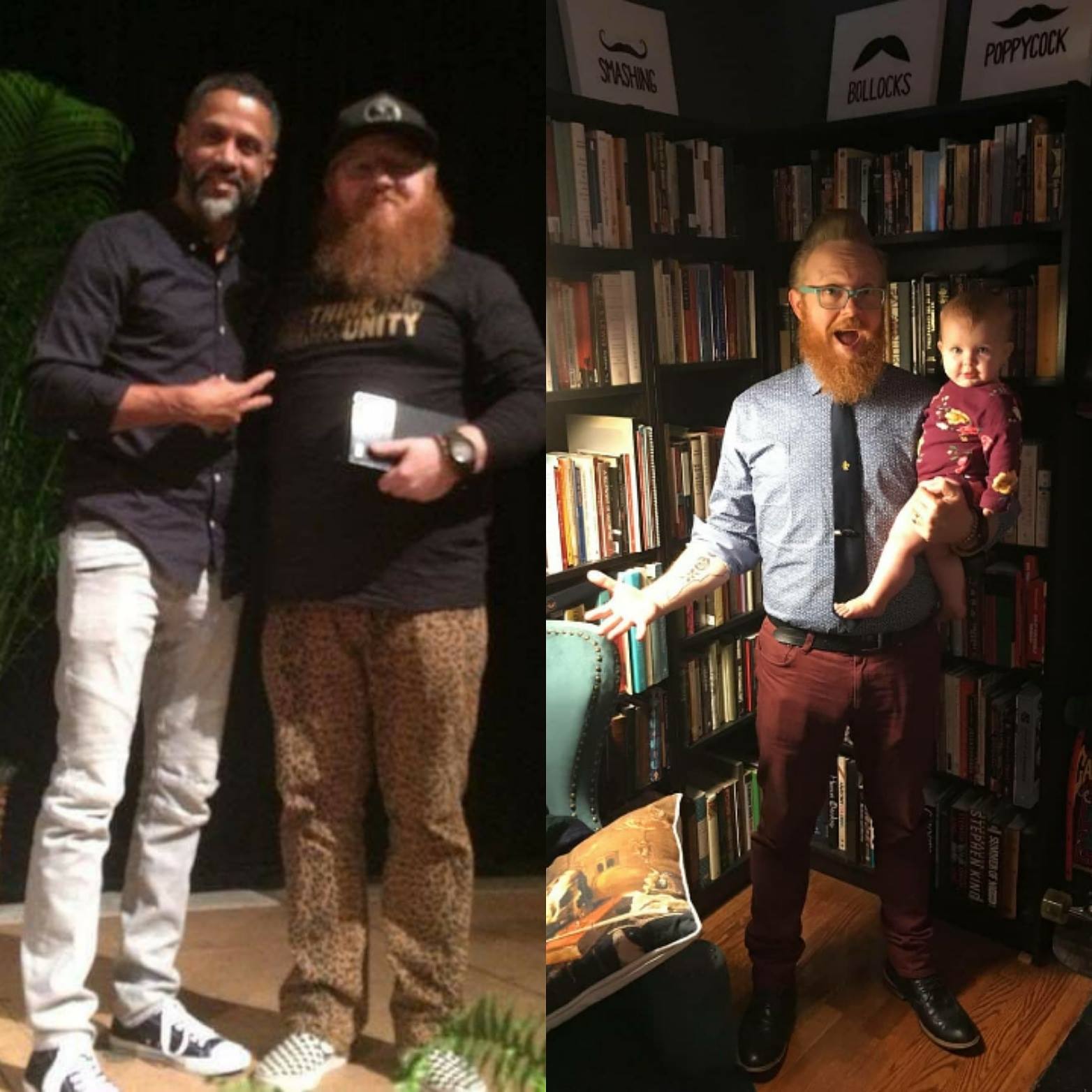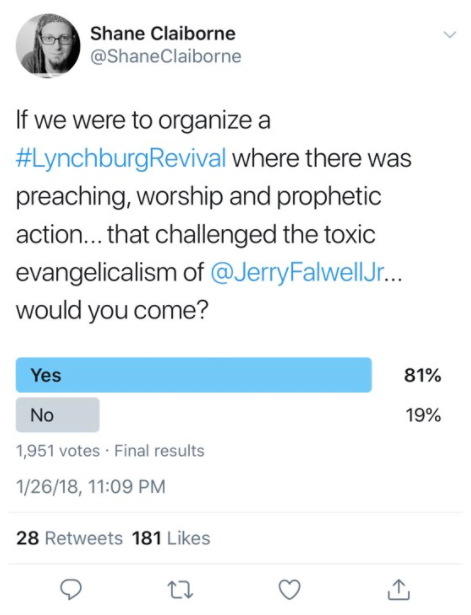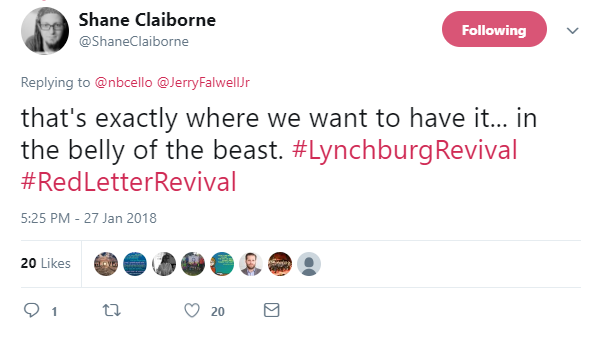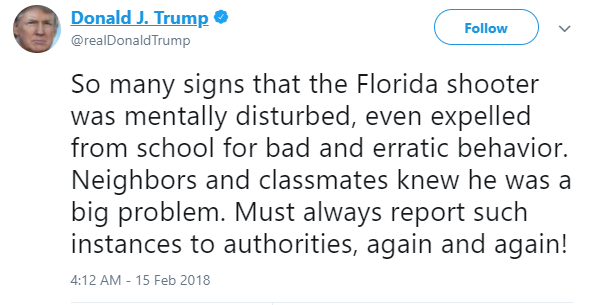My professor at Wake Forest School of Divinity Bill Leonard describes the post-Christendom era in which western cultures exists as the “end of Protestant privilege.” Watching the decline of mainline denominations in the United States has become a constant reminder of this fact. Once an influential institution, the western church has seen numbers spiral downwards on Sunday mornings while watching the pendulum swing towards a universally broader understanding of spirituality that includes the religiously unaffiliated, i.e. the “nones.”
The reality of this situation has produced everything from “seeker sensitive” churches to a resurgence in perceived biblical orthodoxy, all sought in hopes of “righting the ship” to remain relevant. In this process, the return of megachurches in the same ilk of J. Frank Norris’ First Baptist Church in Fort Worth TX at the beginning of the 20th century, began to pop up and see spikes in attendance. WillowCreek, Saddleback, NorthPoint, and Elevation (a short list of megachurches) refuted the belief that church had gone the way of the hula hoop. Their accomplishments were seen and noted, with attempts to replicate fast underway. However, decades later, sanctuaries designed to hold 300 persons still remain half-filled most weeks outside Christmas and Easter.
What and where is the disconnect? Why aren’t young people and young families walking through the church doors? I offer a few observations on the matter…
Young families see an empty willingness. Not long ago, I was speaking with the pastor of a small suburban church, and like most, he too was experiencing an average age well over 60yrs old on Sunday mornings. Because of other internal crises within the church, he and church leadership brought in an outside consultant to help perform a congregational assessment. Part of this exercise was listing at least three things the entire church wanted to see happen heading into the future, and of course, attracting young families was on the list. As the leaders began to break down how this would be accomplished, they discovered that due to a lack of willing volunteers and limited resources ranging from creating space (youth areas and child care) to purchasing teaching curriculum, achieving this by the standards they were familiar with was impossible. When the time came to re-evaluate their goals, the pastor said his congregation had completely taken “young families” off the list. They just didn’t see it as something possible for them to achieve. This leads to...
Inadequacy & Self-imposed shame. Often when you feel like you failed at something you tend not to talk much about it when the topic comes up. It makes us uncomfortable when weakness is exposed. Another pastor friend told me of the first church she was called to right out of seminary. It was a rural church made up of a handful of families. She shared with me that on one Sunday morning two new families showed up for the 11am worship service. Both families had children and she was excited to see how the congregation, who like the one in the example above, desired to see more young people fill their pews every week. The way her church’s worship was structured, there was a time at the end of the service where people went downstairs for extended fellowship over a light snack. Her senior pastor reminded everyone of this before the benediction, and my friend was sure these two families were going to be descended upon by the rest of the congregation as soon as her pastor let the last “amen” drop. Much to her surprise, no one spoke to the families! The regulars made a beeline for the food downstairs and left the new families alone in the sanctuary. My friend said she was able to introduce herself to one of the families while the other slipped out a side door. I told her this sounded like a missed opportunity to which she truthfully admitted to me her church at that time had little of what could be considered any ministries geared towards younger families with children. Thinking about this, perhaps some churches stop inviting young couples in because they feel as if they have little to offer.
Lastly, the inability to separate appreciation of tradition vs. actually living out traditions. Writer Daniel Quinn in his work Ishmael says, “ Our ancient customs are nice for institutions, ceremonies, and holidays but we don’t want to adopt them for everyday living.” I would argue this way of thinking has found its way into people’s modern understanding of church, and this is a direct result of faith practices being limited to a structure. The institutionalism of church has fostered a belief which dictates holiness be kept between stained glass windows and narthexes. I often hear people say on Sunday, “have a nice week” indicating their actions with each other begin and end on Sunday mornings. Is this the result of a tradition which was handed down, or is there something more to this idea of being church? I believe we need to focus our attention on the latter.
While I gave some examples of stories I’ve heard, I know that there are many more out there with similar endings. Stories of churches unsure of how to approach their inability to draw in young people and families whether because of lack of resources, shame, or hanging on to limiting traditions. Hear me when I say, for those with ears to hear, there is hope. However, there must be space to challenge old mindsets. To push back against formulated programs guaranteeing success. To be willing to step into uncomfortable spaces. Being able to see other possibilities for connection. Instead of viewing invitations into designated buildings on Sunday as the only way to expose them to Christ’s Church, might we invite them over to our home for supper? Perhaps planning to attend one of their children’s little league baseball game is another? We need to start seeing that going to a recital and cheering on their child’s solo performance as a big “C”hurch moment.
I could be wrong, but if you show up in those moments you might just find that young people and young families won’t really care if you have the most state of the art facilities. Your compassion and presence are what is truly being desired.









